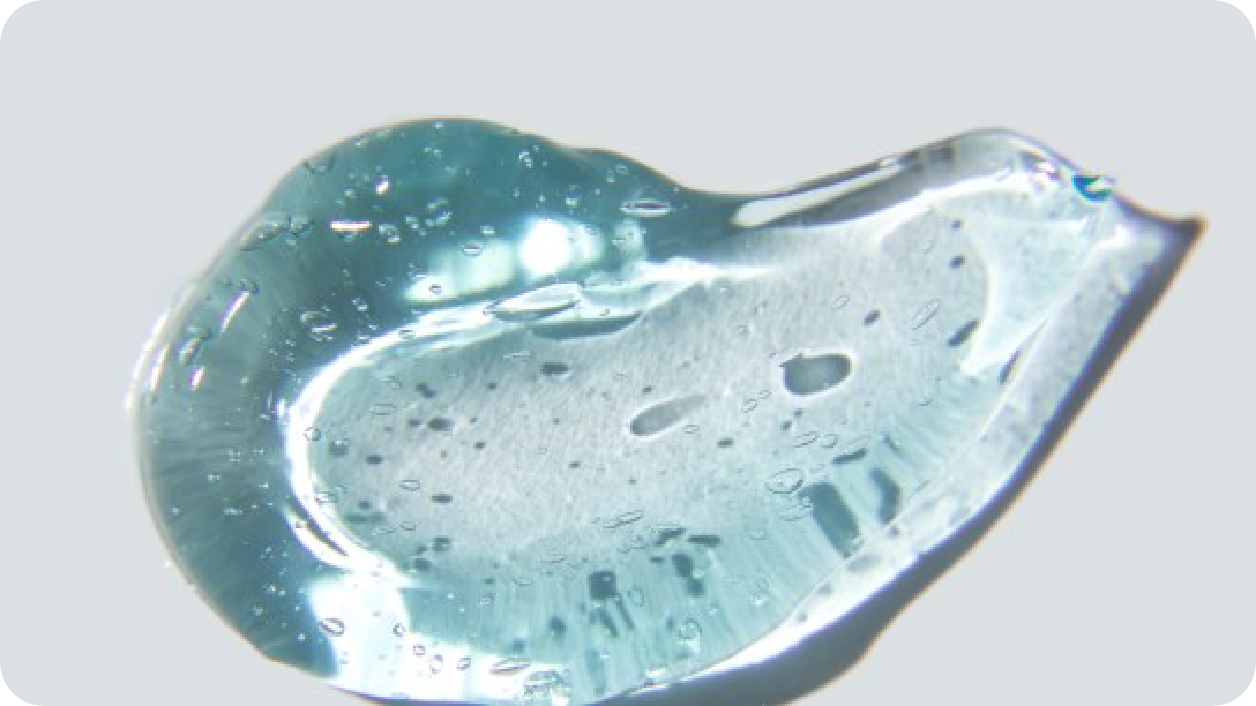We Offer Acetic Acid in various grades
A few of the grades available are listed below:

N-Butyl methacrylate (BMA) is a chemical compound with diverse industrial applications.
Product:
N-Butyl Methacrylate
CAS:
97-88-1
Synonym:
2-Propenoic acid, 2-methyl-, butyl ester; Methacrylic acid, butyl ester; Butyl 2-methyl-2-propenoate
Appearance
Clear colorless liquid
Boiling Point
162-165 °C
Density
0.894 g/cm3
Flash Point
52 °C
Molar Weight
142.20
Odor
Faint characteristic odor of esters
Purity
99%
Refractive index
1.423
A few of the grades available are listed below:

N-Butyl methacrylate (BMA) is a chemical compound with diverse industrial applications. Here are some of its main uses:

Enter a chemical name, synonym or CAS# below